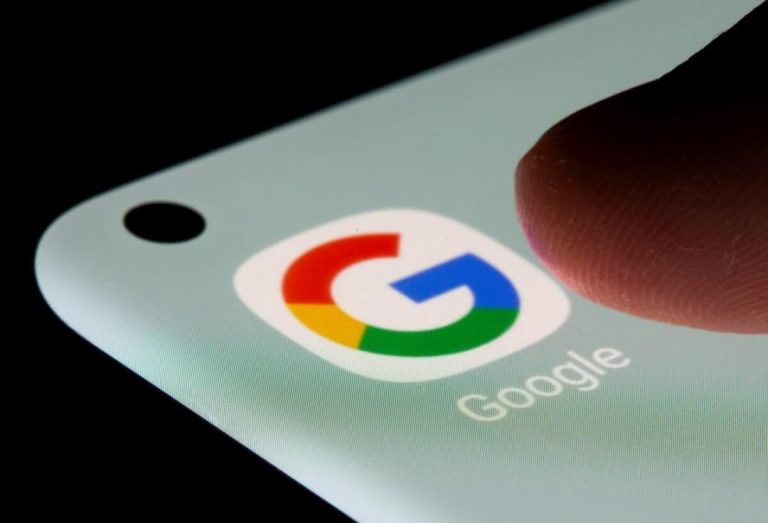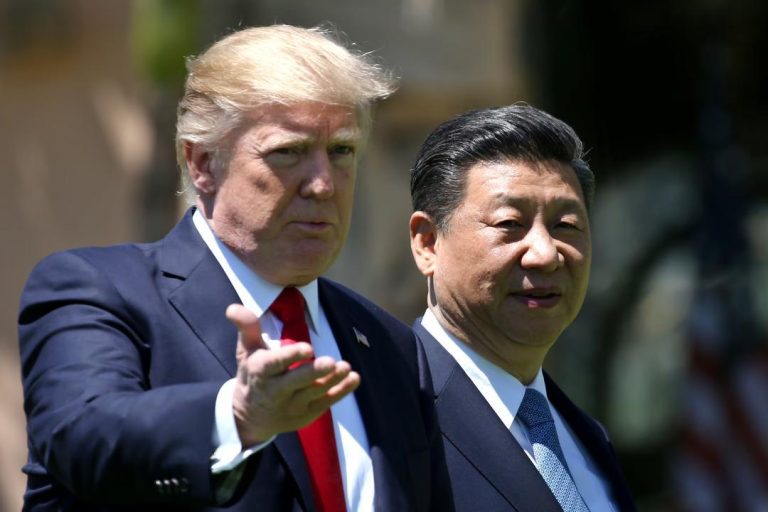
How did an iPhone glitch lead to leak of US’ Houthi attack plans to a journalist?
In a bizarre incident, a simple iPhone glitch led to the leak of sensitive US military plans regarding a potential attack on Houthi rebels to a prominent journalist. The incident highlights the importance of digital security in high-stakes government communications.
According to a recent report by The Guardian, US National Security Advisor Mike Waltz inadvertently added journalist Jeffrey Goldberg to a Signal chat group containing sensitive information about the planned attack on Houthi rebels. The report claims that the leak occurred due to an iPhone glitch, which detected Goldberg’s email address as “unknown” and suggested adding it to Waltz’s contact card.
The incident began in 2024 when Donald Trump’s ex-campaign spokesman Brian Hughes sent Goldberg’s email address to Waltz. Waltz, unaware of the mistake, added Goldberg to the Signal chat group, which contained crucial information about the potential attack. The chat group was meant to be a secure communication channel for government officials and military personnel to discuss sensitive matters.
The iPhone glitch, which is likely to have been caused by a software bug or a misconfigured setting, allowed Waltz’s iPhone to detect Goldberg’s email address as “unknown” and suggest adding it to Hughes’ contact card. This meant that Goldberg’s email address was inadvertently added to the chat group, giving him access to the sensitive information.
The leak was only discovered when Goldberg, who is the editor-in-chief of The Atlantic, noticed that he had been added to the chat group. He immediately raised the issue with Waltz, who was unaware of the mistake and promptly removed Goldberg from the group.
The incident highlights the importance of digital security in high-stakes government communications. It also underscores the potential risks of using personal devices for official communications, particularly when it comes to sensitive information.
In an era where digital communication is increasingly the norm, it is essential for government officials and military personnel to be aware of the potential risks associated with using personal devices for official communications. This includes ensuring that devices are properly configured and updated, and that sensitive information is handled with care.
The incident also raises questions about the role of technology in facilitating leaks and security breaches. As technology continues to evolve, it is essential for government agencies and organizations to stay ahead of the curve and develop strategies to prevent similar incidents from occurring in the future.
In conclusion, the leak of US’ Houthi attack plans to a journalist due to an iPhone glitch serves as a stark reminder of the importance of digital security in high-stakes government communications. It also highlights the potential risks associated with using personal devices for official communications, particularly when it comes to sensitive information.






